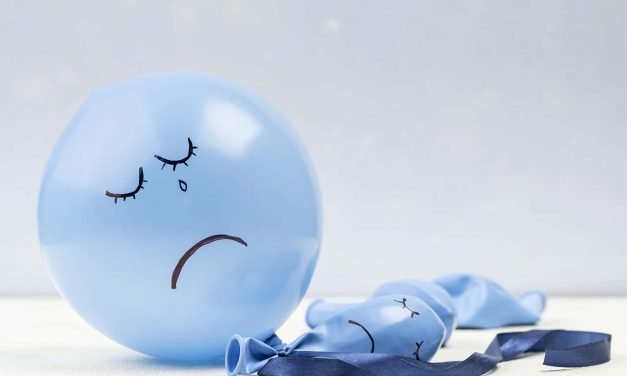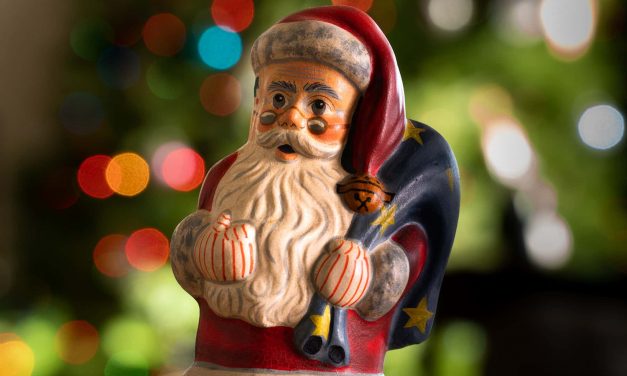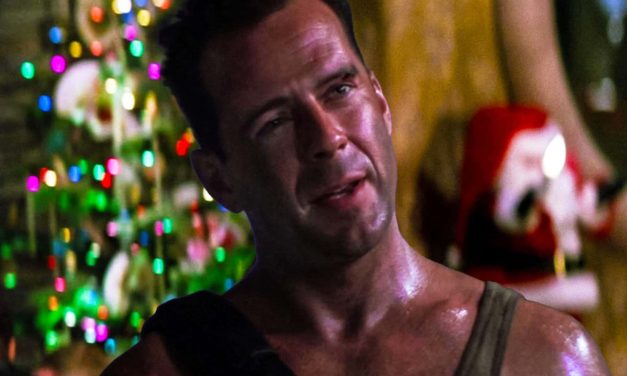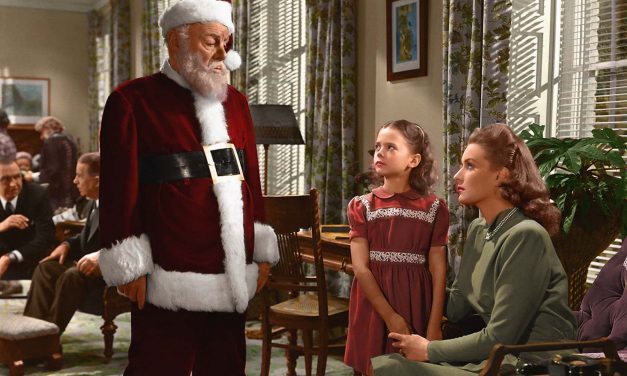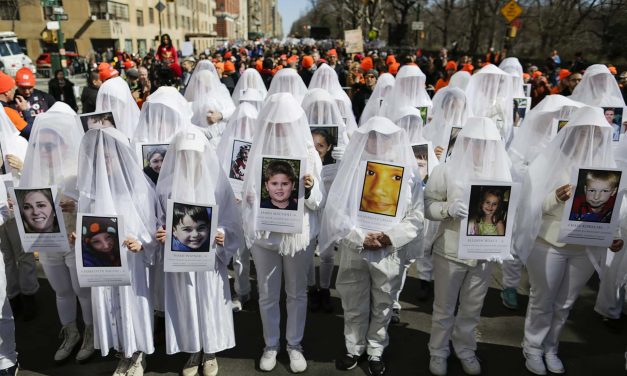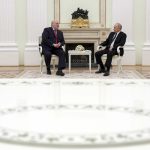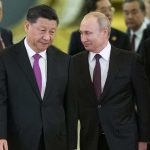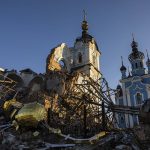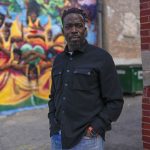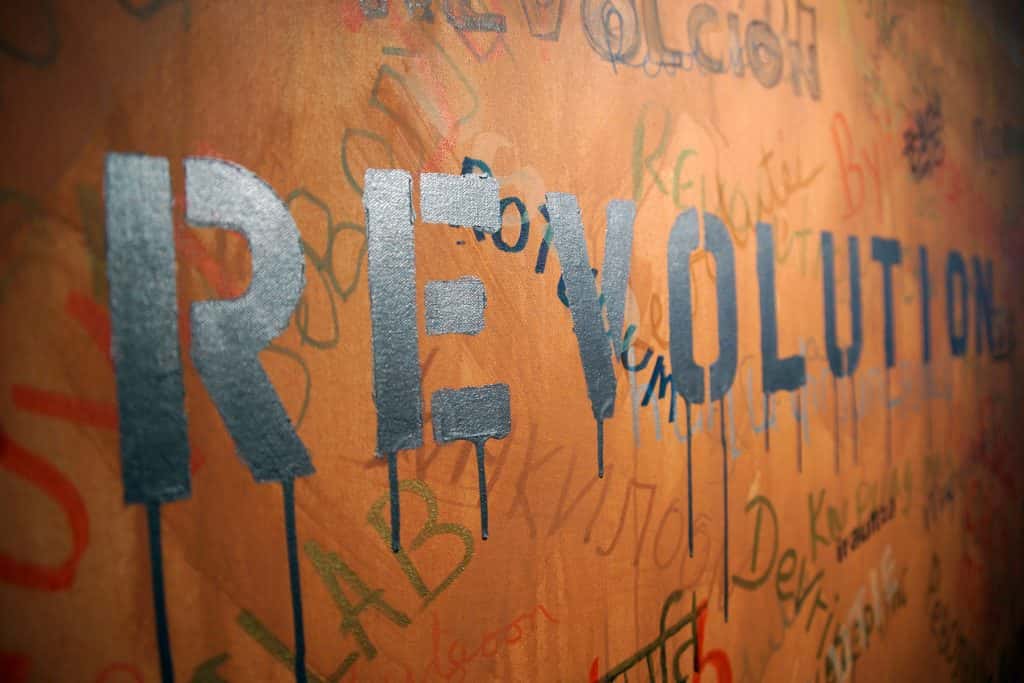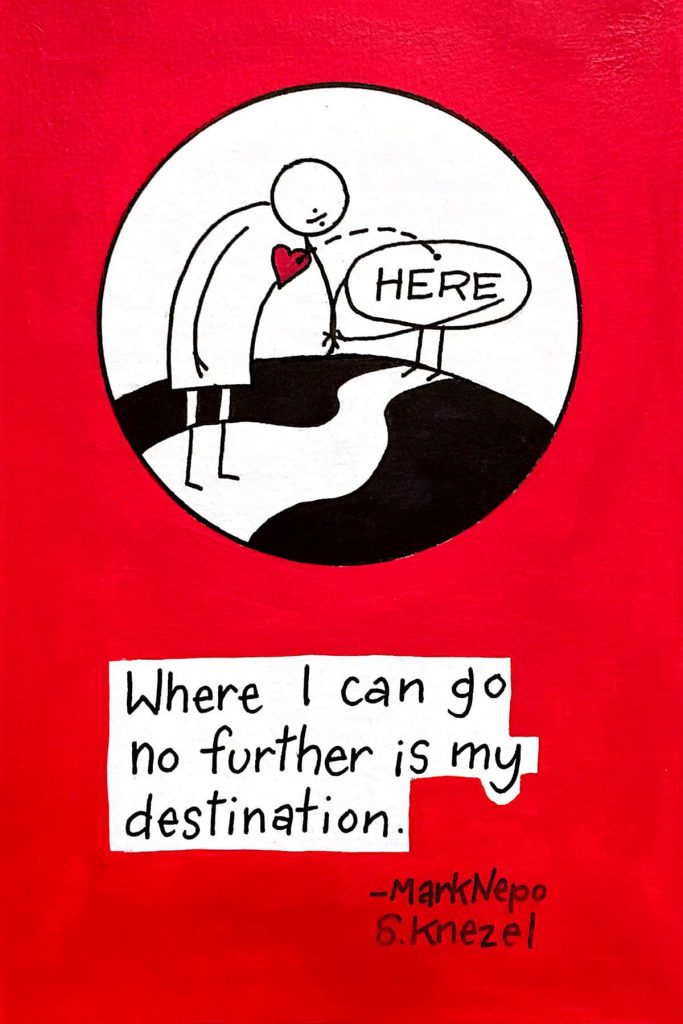Those left behind: How to help survivors of suicide loss cope with grief during the holidays
By Michael R. Nadorff, Associate Professor of Psychology, Mississippi State University; and Julie Cerel, Professor of Social Work, University of Kentucky No matter the merriment of the season, the holidays remain a struggle for those who have lost a loved one to suicide. In 2020, COVID-19 isolated many people from their families. Ironically, that isolation may have spared suicide-loss survivors some suffering; with no family gathering, one was less likely to notice the empty seat at the table. But this year, with many families coming together, grief will surely find its place. Half of all Americans know someone who...
Read More
